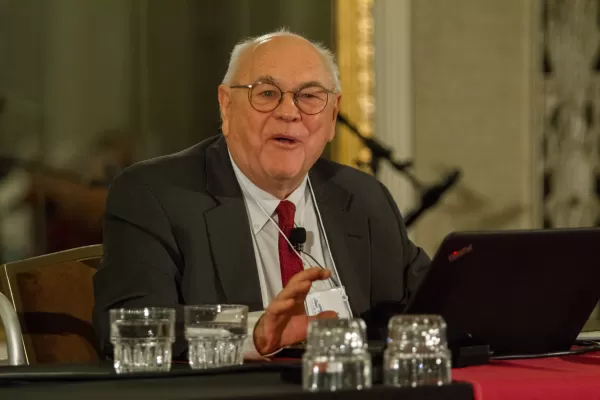
Introduction
“All real living is meeting”
“All real living is meeting” These simple but powerful words are the famous phrase of the renowned Jewish philosopher and theologian Martin Buber (1878-1965), from his 1923 Classic I and Thou. 1 In this amazing book—which has influenced me greatly ever since I first read it over fifty years ago—Buber writes of two basic or “primary” ways in which human beings can live. They can live an existence of being closed in on themselves, the existence of what he calls “I-It,” or they can live an existence of being open to the world, to others, and to Ultimate Reality, the existence that he names “I-Thou.” Certainly, Buber admits, we cannot live the existence of “I-Thou” at every moment of our lives. Such intense living is not possible for finite mortals, and human beings need to go about their daily business with efficiency. But if women and men do not seek to experience and cultivate a life of openness, relationship, respect, awe, and reverence, such a life is not a human life at all. “All real living is meeting.” “Without It [women and men] cannot live,” writes Buber. “But [those] who live with It alone [are] not [human].
